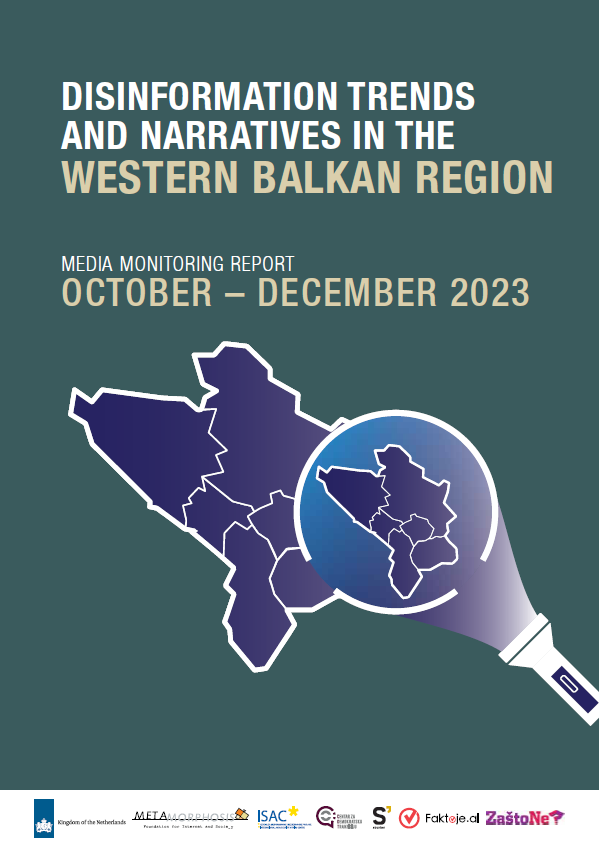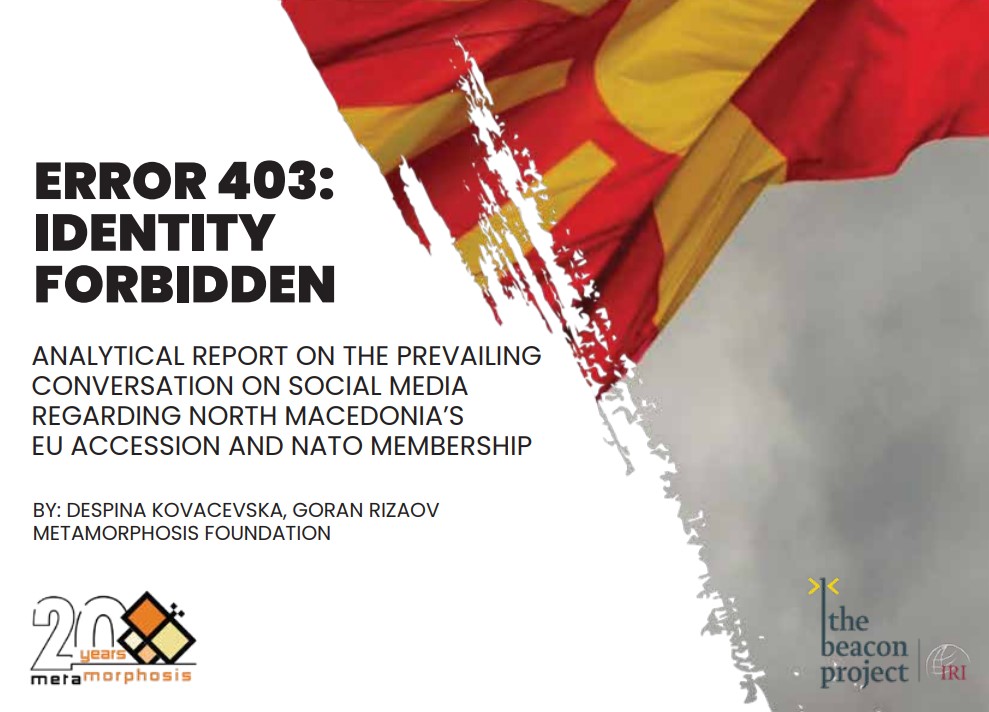The reform of the most complicated part of society for reforming – the public administration – is advancing, though not at the desired speed and in segmentation. This would be the basic conclusion of the second consecutive survey of the course of public administration reforms that we conducted in January this year.
The basic conclusions and, consequently, recommendations would be the following:
- Reform initiatives lead to digitization and offering E-services, and the weakest part of the reforms is the conduction of functional analysis to find out what is needed and what is not needed in the administration and public sector, in order to optimize and make them more efficient and more functional.
- Laws and regulations that create the merit system – the system, although revised, still has weaknesses and is pervasive in terms of hiring and promoting and strengthening the integrity of civil servants and administrators.
- Transparency and accountability are very good at the top levels of the executive power- government and ministries. As it moves to the lower levels, the problem becomes more visible, especially in the local government. The judiciary has a noticeable problem with transparency and accountability.
- Regulatory Impact Assessment (RIA), although improved compared to 2017 and 2018, remains a weak point. This also contributes to the lack of responsibility for RIA if a lawmaker is a Member of Parliament or a parliamentary group, as well as the overwhelming number of laws in emergency procedure.
- Local government is still ineffective in terms of optimization of needed job positions and financial discipline. After conducting the functional analysis, it should be considered how to generate a larger source of revenue and a different, segmented system of subsidies from the central government, as well as to strengthen the financial discipline of the local government. When it comes to digitization and e-services in local government, key assistance should come from the central level.
The research was conducted as part of the regional project “Western Balkans and the EU Accession Process: Applying Political Criteria”, led by the Center for Democratic Transition in Podgorica, Montenegro. The project is supported by the Royal Norwegian Embassy in Belgrade and the Balkan Trust for Democracy, a project of the German Marshall Fund of the United States.




























